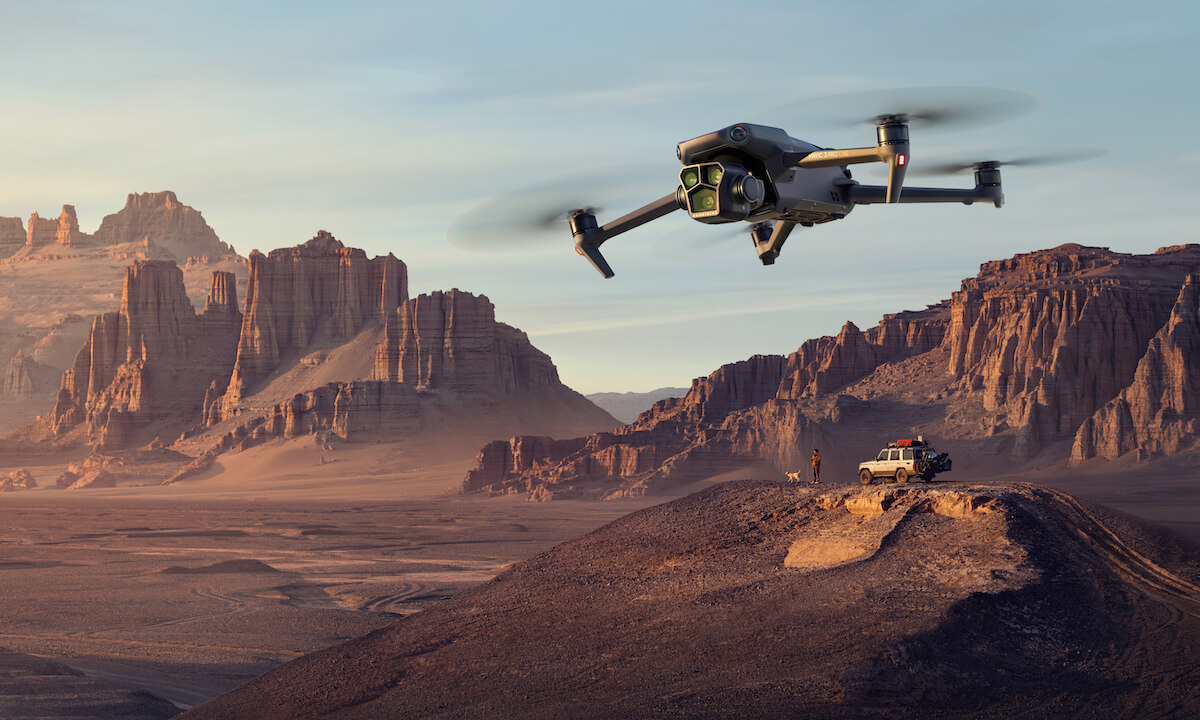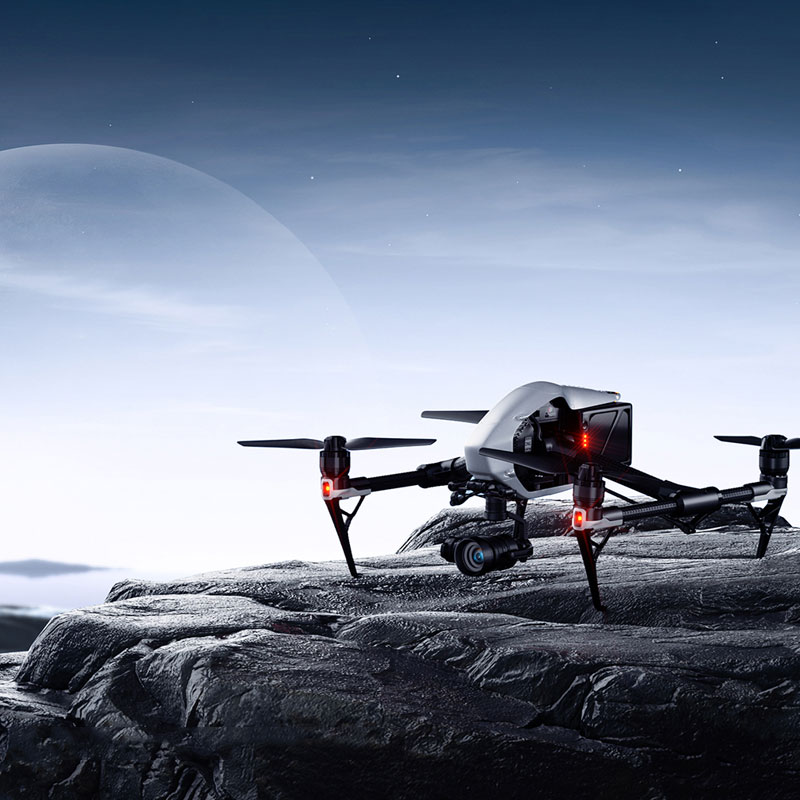To understand the relevance of drone shield, we must first recognize the growing presence of drones in commercial, recreational, and military realms. These unmanned aerial vehicles (UAVs) are used for delivery services, aerial photography, agricultural monitoring, and even in emergency services. However, with their increased usage comes potential misuse, such as unauthorized surveillance, smuggling, or even terror activities.
The Core Functionality of Drone Shield
At its essence, drone shield technology is designed to detect and neutralize rogue drones, utilizing a combination of sensory and interference mechanisms. By employing advanced RF (radio frequency) detection systems, drone shields can pinpoint the location of drones in a specified area, offering a real-time alert to the presence of UAVs, thus allowing for swift response measures.
Applications in Various Sectors
The application of drone shield technology spans numerous sectors:

- Military and Defense: Drone shields are crucial in protecting sensitive zones such as military bases and deployment zones from hostile surveillance or attacks.
- Private Security: Companies use drone shield technology to safeguard properties and confidential data from espionage or theft by drones.
- Public Safety: Authorities employ drone shields in events to prevent illegal surveillance and ensure crowd safety.
Moreover, drone shield systems are critical in maintaining secure airspaces around airports, where unauthorized drone flights can cause significant safety hazards.
Technological Components of Drone Shields
Drone shield technology integrates multiple components for effective operation. These include:
- RF Detectors: Spot and identify drone signals within a specific range, providing essential data on drone presence.
- Jamming Technology: Disrupts the communication between the drone and its operator, causing it to either return to the point of origin or land safely.
- Camera Systems: Help in visual confirmation of detected drones, offering detailed data for further analysis.
The effectiveness of a drone shield greatly depends on its range, accuracy, and the capability to integrate with existing security systems, making it a flexible and adaptable choice for many industries.

Embracing This Technology for the Future
As drone technology continues to evolve, the corresponding need for sophisticated defense mechanisms like drone shields becomes all the more pressing. Industries are quickly adapting to incorporate these systems for optimal security management.
FAQs on Drone Shield
- How does a drone shield differ from traditional surveillance systems? Drone shields specifically target UAVs, using RF detection and jamming techniques beyond the capabilities of traditional surveillance.
- Are drone shields effective in urban environments? Yes, many modern drone shields are designed to operate in urban terrains, taking into account signal interference challenges.
- Can anyone deploy a drone shield system? While drone shields provide extensive benefits, their deployment is often regulated by government authorities to ensure safe and lawful usage.
In conclusion, the integration of drone shield technology marks a significant leap in ensuring the safety and security of modern airspaces. As we anticipate further innovations, this technology remains a cornerstone of contemporary security protocols.
